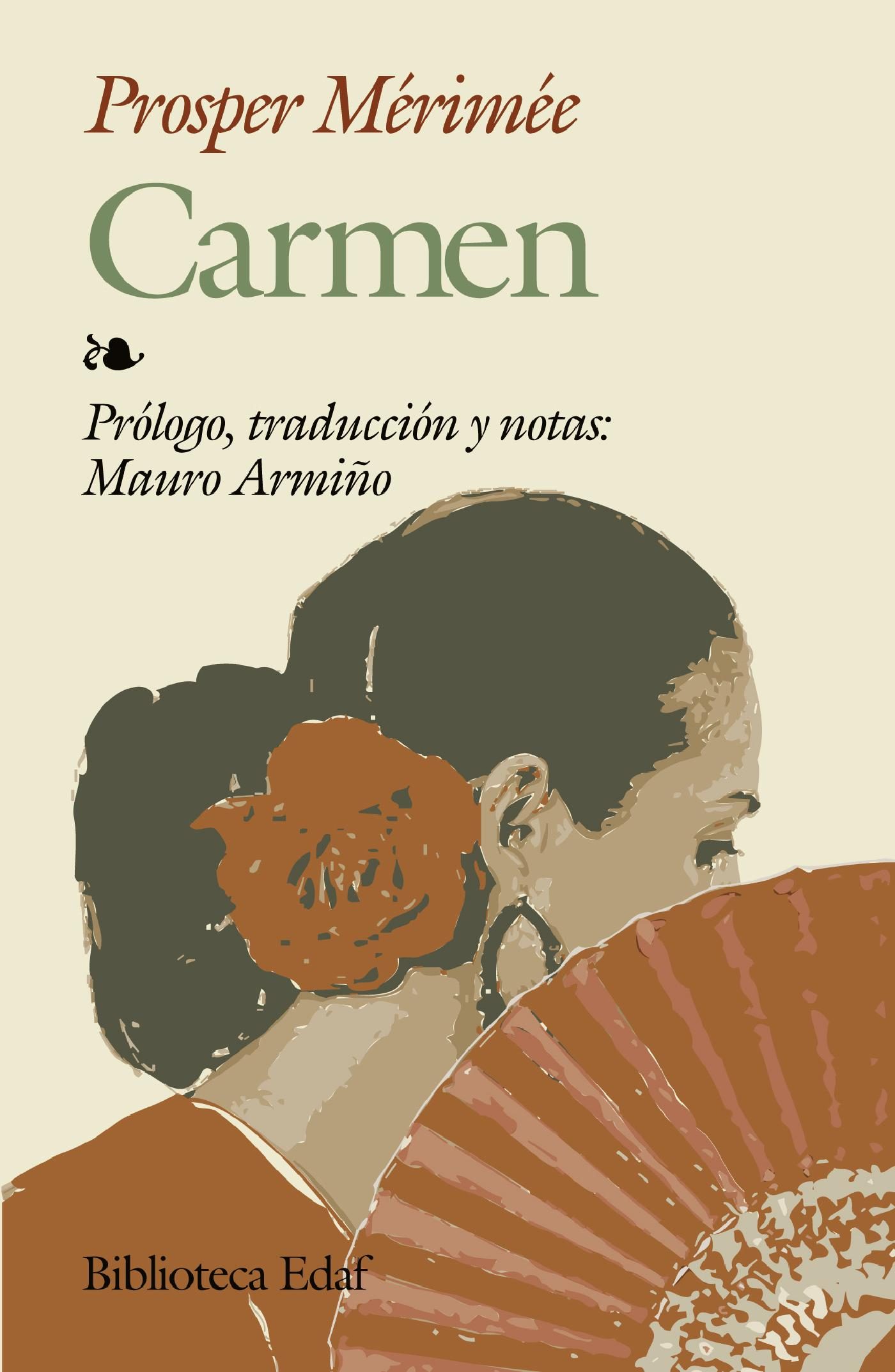

They’re all smoking (how attractive!), and one of them, Carmen, is quite the little vixen. Just then, a bell rings and the tobacco factory girls emerge for a break in a musically beautiful scene. He’s not there yet, but his fellow soldiers waste no time flagrantly flirting with her. Micaela, an innocent village girl, enters, looking for her sweetheart, Don Jose, one of the soldiers (and the protagonist of this opera). Here it is, sung in Russian, in a wonderful recording from 1977 (see below): There’s a catchy number as people walk about the square, followed by an even catchier one, avec la garde montante, sung by a chorus of children, who are imitating the soldiers. The scene opens outside a tobacco factory, where a changing of the guard is about to take place (why there are soldiers at the tobacco factory has always escaped me). The opera starts off with a bang via a lively, loud and infectious prelude that is thrilling. A live performance of Carmen is not something you will soon forget, and as such, I recommend it as a great choice for anyone who has never seen an opera. The finer points of the plot may escape them as well as some other wonderful music, which flows through this work from beginning to end.
.png)
Many people are familiar with the lively overture, Carmen’s seductive habanera, the toreador’s bombastic entrance, and Carmen’s death. Numerous selections from the work are now among the most famous of all opera numbers, and rightly so. His final work was sadly not recognized as a masterpiece until after he died. It was Bizet’s only real success (and a blockbuster one at that), and the last opera he composed before his untimely death at age thirty-six. It was Tchaikovsky’s favorite opera, no slouch in that department himself. It is filled with glorious, tuneful music, much of which those who are completely dismissive of opera will recognize immediately. Recommended video recording/s: Baltsa/Carreras/Ramey/LevineĬarmen is one of the most frequently-performed, well-known, and accessible operas in the world. Recommended audio recording/s: Horne/McCracken/Bernstein Domashenko/Bocelli/Chung de los Angeles/Gedda/Beecham Simonov (in Russian) Highlights: Overture L’amour est un oiseau rebelle Près des remparts de Séville Votre toast, je peux vous le rendre La fleur que tu m’avais jetée Les voici, voici la quadrille

Plot: A soldier ditches his chaste lover for a flirtatious and fickle temptress, with tragic consequences for all Setting: Seville, Spain in the early 1800s Original resource at: National Library of France.ĭescription based on data extracted from World Digital Library, which may be extracted from partner institutions.Other popular works by this composer: Les pecheurs de perlesĪccessibility Level: Beginner Explorer Aficionado Original resource extent: Autograph manuscript, 35 x 27.5 centimeters. Title devised, in English, by Library staff. Bizet, who reportedly composed the tune to "Love is a Rebellious Bird" with the rhythm of the habanera and the image of Carmen's hips (as described by Mérimée) in mind, vigorously defended the role and Galli-Marié's performance. Célestine Galli-Marié (1840-1906), who played the role of Carmen, put on a racy performance that seduced some but outraged others in the audience. The libretto, adapted from Prosper Mérimée's short story by Henri Meilhac and Ludovic Halévy, seemed scandalous to many who attended the opera. Bizet was one of the leaders of a new generation of French composers, and Carmen was the pinnacle of his career. Opéra-comique en quatre actes, tiré de la nouvelle de Prosper MériméeĪlthough Carmen is today one of the world's most popular operas, it opened at the Paris Comic Opera on March 3, 1875, to a mixed reception, much to the disappointment of its composer, Georges Bizet (1838-75). Opera in Four Acts, Based on the Short Story by Prosper Mérimée.Ĭarmen.


 0 kommentar(er)
0 kommentar(er)
